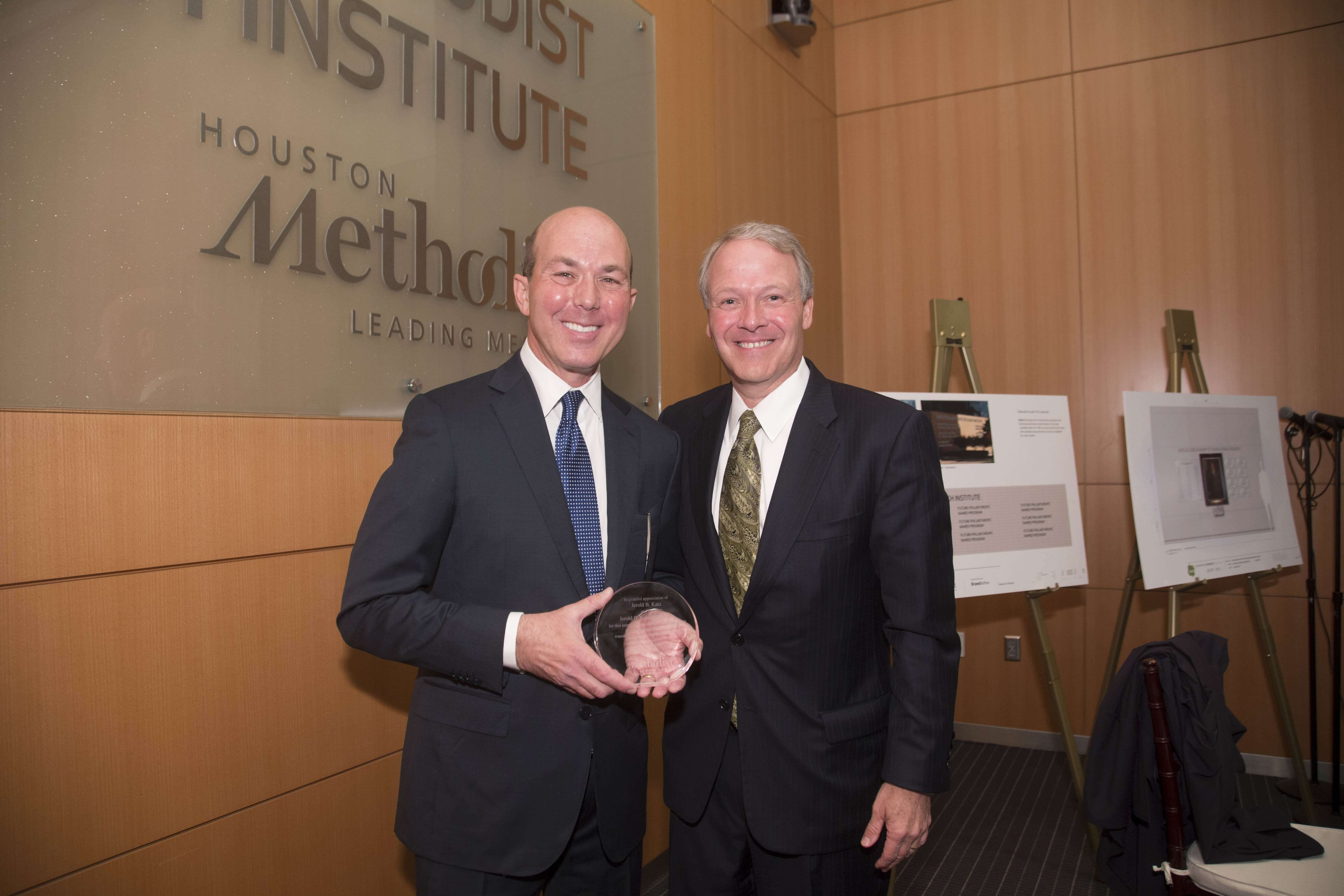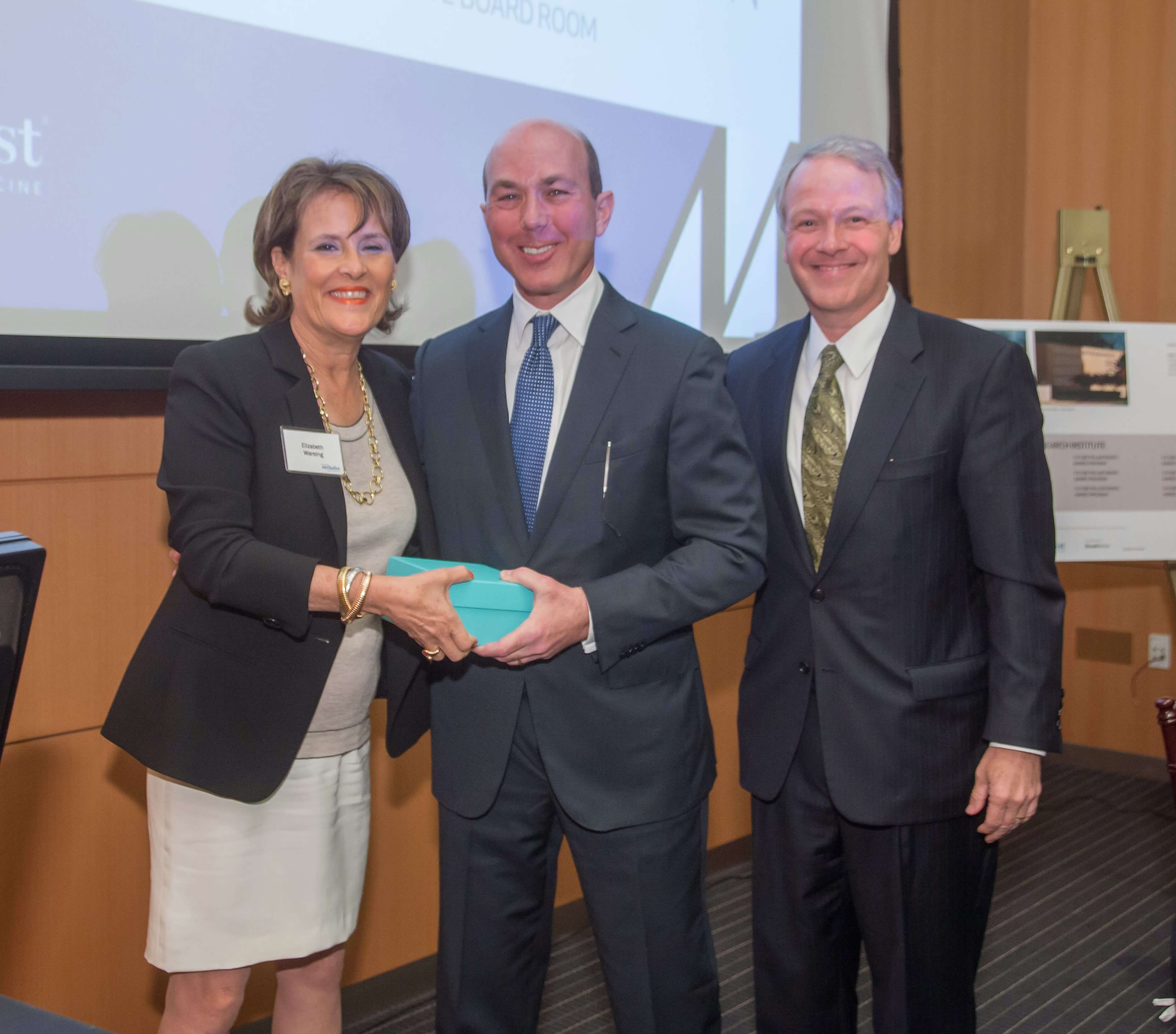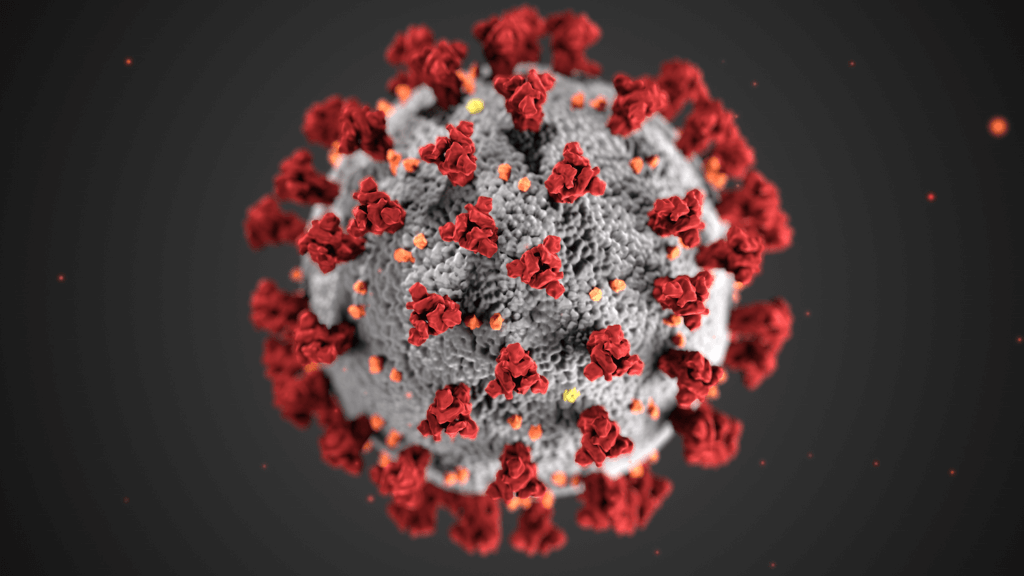Houston Methodist Receives $21M Gift to Advance Treatment Development

Houston Methodist hospital announced Wednesday that it received a $21 million commitment from the Jerold B. Katz Foundation to promote the development of new treatments and therapies for patients suffering from injury and illness.
The gift is the largest non-estate pledge in Houston Methodist’s almost 100-year history, Marc Boom, president and CEO of the hospital, told the audience of hospital trustees, employees and family and friends of Jerold Katz.
“This is a pivotal moment in our history,” he said. “The gift will provide significant resources to propel the rapid translation of medical discovery to transform patient care.”
The Jerold B. Katz Foundation has provided millions in funding for medical research, particularly in brain injury, metabolic disorders, nursing and health care quality and outcomes research.
The gift is a personal one for the foundation, said Evan Katz, president of the Katz Foundation. He explained that Houston Methodist took care of his brother, Lenny, who was injured in a car accident.
“Lenny was saved here, so this institution has long been home for us,” Katz said. “They were with us in the darkest of times and in our most hopeful moments.”
The Katz Foundation gift funds three areas of research:
- $12 million will create the Jerold B. Katz Academy of Translational Research, which will endow eight Katz investigators—physician researchers who will receive funding for their translational research projects;
- $4 million will create the Jerold B. Katz Translational Research Infrastructure Fund, an endowment to ensure that laboratories remain state-of-the-art with highly specialized equipment available for research; and
- $5 million will support a matching fund to establish Houston Methodist’s Translational Research Initiative II. Houston Methodist will raise $5 million to match these funds, bringing the philanthropic impact of this donation up to $26 million.
The second phase of the initiative will help researchers avoid the “gulf” that occurs between a scientific discovery being made and its use in patients due to it taking an average of 17 years and $3 billion to complete, said Mauro Ferrari, M.D., president and CEO of the Houston Methodist Research Institute.
“These discoveries never make it to the clinic, until today,” he said. “No one will have to wait 17 years or get $3 billion in order to see their new discovery come to fruition. This is a very unique program that will will change medicine for everyone throughout the world.”







